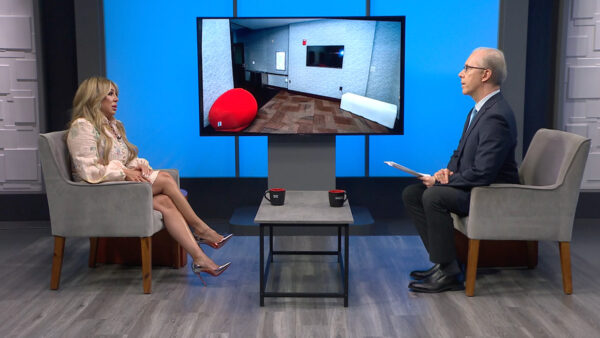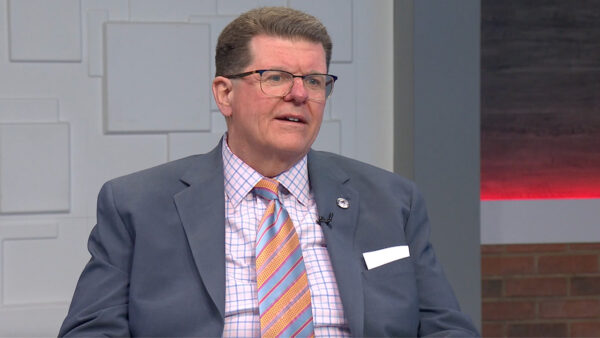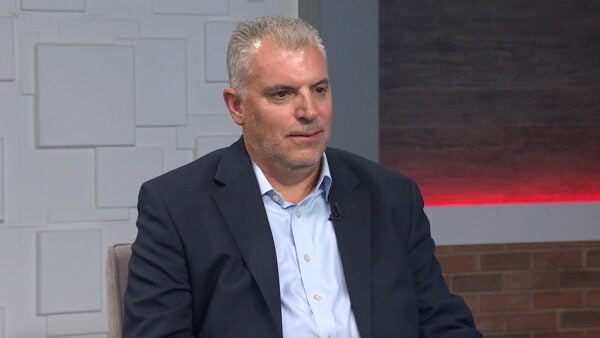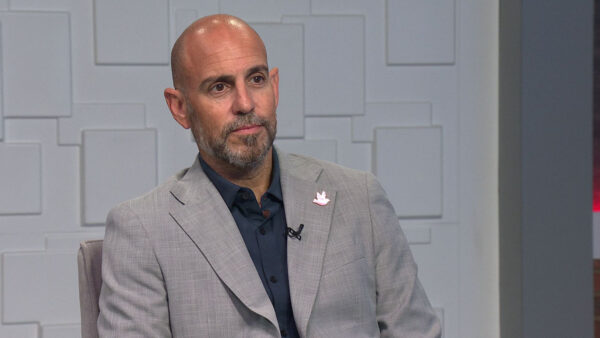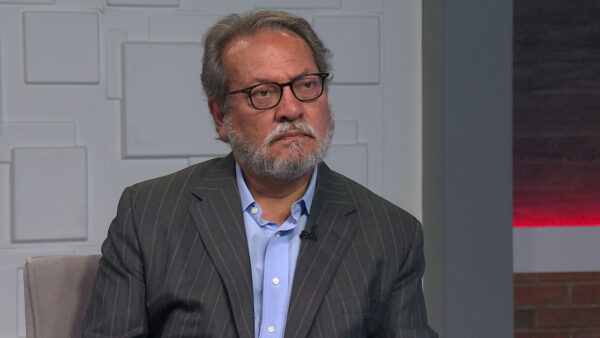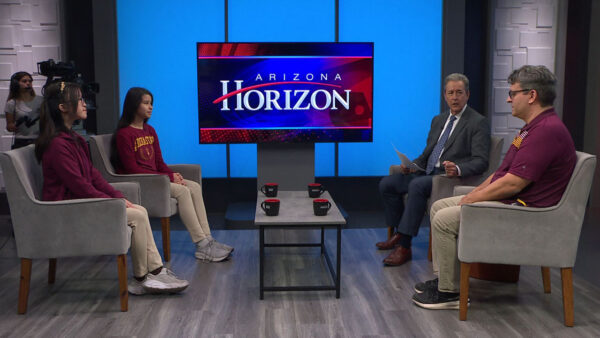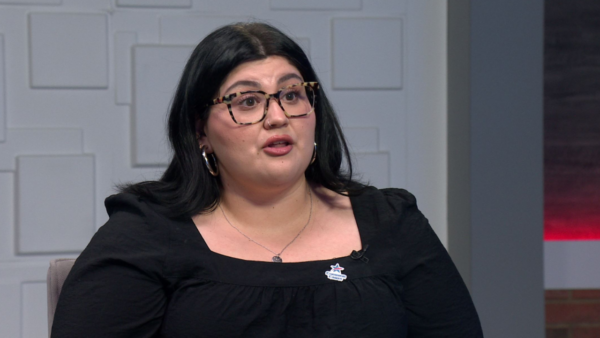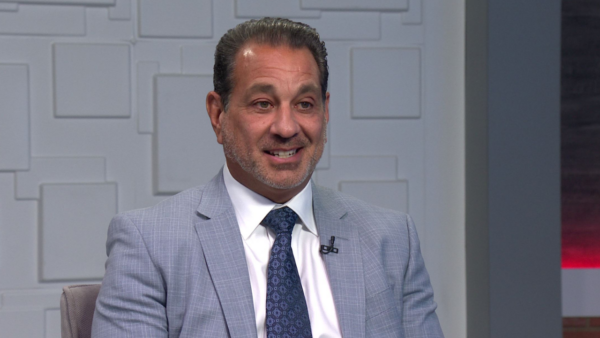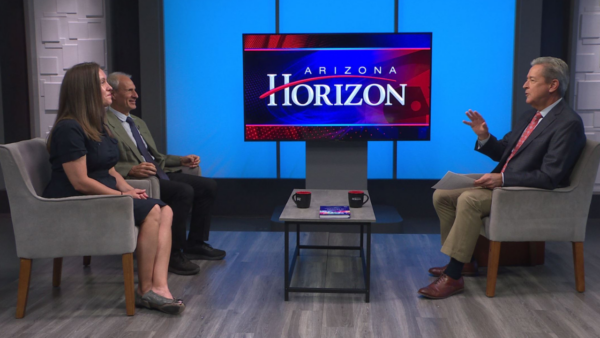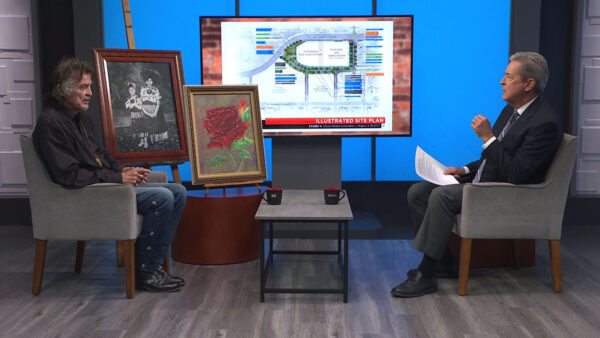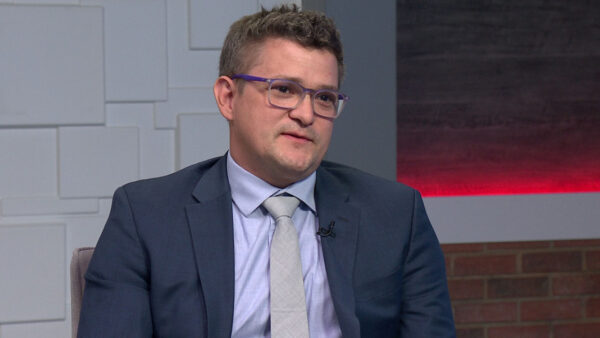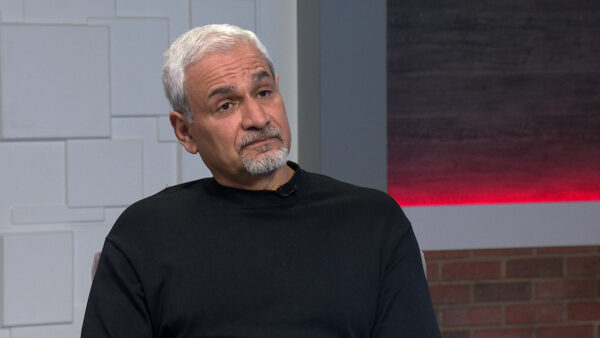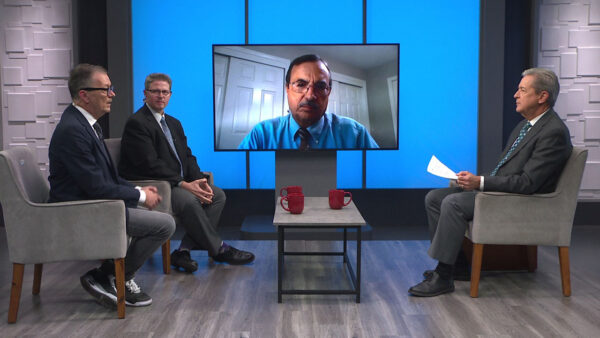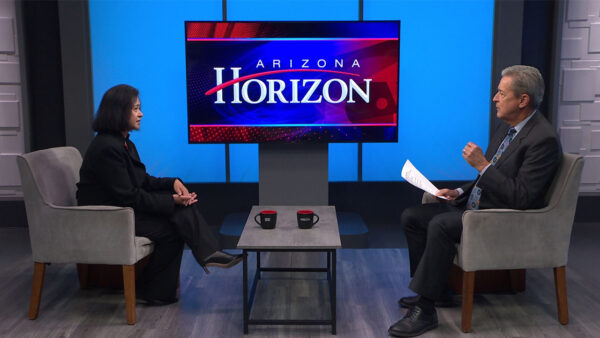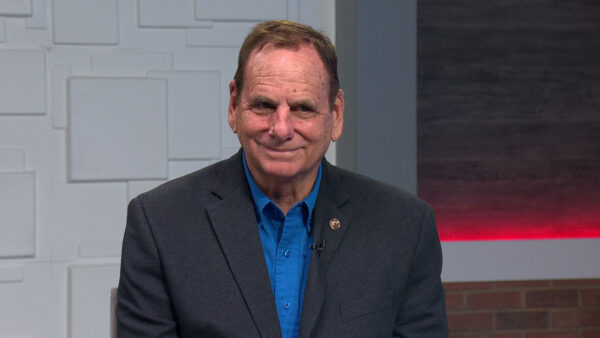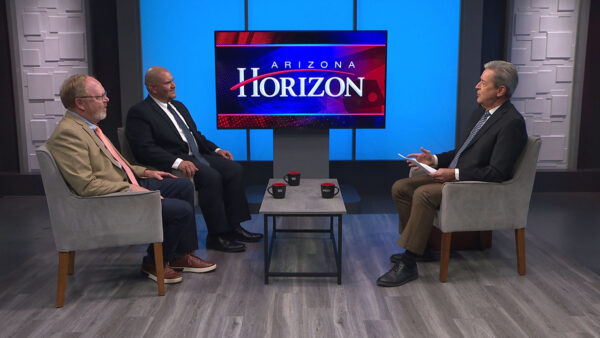May is Asian Pacific American History Month. Arizona is second in the nation in the growth rate of the Asian population, with about 263,000 Asians in Arizona. Ted Namba, president of the local Asian Chamber of Commerce, will talk more about Asians in our state.
TED SIMONS: This is Asian Pacific-American History Month, a good time to note that Arizona's Asian population growth rate ranks No. 2 in the nation. Ted Namba is President of the Asian Chamber of Commerce here in Phoenix, welcome to "Arizona Horizon."
TED NAMBA: Thank you, Ted.
TED SIMONS: No. 2 in the country we are, how do you explain that?
TED NAMBA: The entire southwest is hot right now as you probably heard, 46% growth rate from Census 2000-2010 in the Asian Pacific-American community. So there's a tremendous growth throughout the country especially in California, Nevada and Arizona.
TED SIMONS: Do you think that Nevada and Arizona -- I know Nevada is in the top five, too -- is because of our proximity to California?
TED NAMBA: I believe so. Certain states when the immigrants first came to the United States the West Coast was most popular in the beginning. Slowly, I'm not sure if it's the economy, people like myself shifted from L.A. to the Phoenix area, due to the great housing rates here. There's been a huge influx from California.
TED SIMONS: Age levels, what are we talking about here? Mostly younger, middle, older? What are we seeing?
TED NAMBA: I think the census 2010 showed the average age of Asian Pacific-Americans as 36. It's bias though there's a lot of aging of the older generation but there are some new children added into the mix.
TED SIMONS: As far as education levels, as far as voting numbers, those sorts of things, again, what are we seeing?
TED NAMBA: Tremendous growth. If you compare the Asian Pacific-American community in terms of education, 50% of Asia-Americans that are 25 and above have a bachelor's degree compared to the average of about 30% in terms of voting maybe our voting rate in 2012 election was about 47% so, about average.
TED SIMONS: I did notice in the census report there seems to be a difference between Asians and Pacific islanders in terms of education, jobs and these sorts of things. What's going on there?
TED NAMBA: That's a good point, Ted. There is a difference I think back in 1997 they determined that they would separate Asian-Americans and Pacific Islanders. There's a myth of the model minority that they think that because you have attended graduate school, you have a great job, you have health insurance and all these benefits, but in reality there's a large influx of Pacific Islanders that are immigrants and still getting established. And socioeconomically they are struggling at this point and time.
TED SIMONS: Is that because they are relatively new? Maybe the history isn't quite there for Pacific Islanders as it is with other Asian-Americans?
TED NAMBA: I believe so you know some groups like the Chinese and Japanese have been here for over 100 years, whereas people from Micronesia for example, have been here for the last decade.
TED SIMONS: As far as the valley is concerned, areas of concentration in the valley I know there are parts of the East Valley where the Micon Plaza is, down there in Chandler, it seems like there are areas where there are heavy concentrations am I getting that right?
TED NAMBA: Warner and Dobson, where Lee Lee's market is at, a huge more than a mile radius where there are a huge number of Asian-Americans. I live in the North West valley in Glendale. There used to be a very large Japanese-American community but since then everybody's kind of spread out over the Valley.
TED SIMONS: Do you see this as--this group the longer you're here, the more you start to spread out and move to different areas?
TED NAMBA: I think that's true. My group, the Japanese-American community, probably has the highest out-marriage rate of any group. Studies show 75% of Japanese-Americans marry outside the race. I think you're right, our community has been here for so long, a hundred years, we're kind of more mainstream compared to immigrants newer to the U.S.
TED SIMONS: So we talked about the challenges faced As far as Asians in general, challenges out there: What needs to be worked on, what are you concerned about?
TED NAMBA: I think there are always challenges, I'm very pro immigration reform. We have a lot of Filipino-Americans who have family members who are still in the Philippines. It's really sad, wait lists of 20 to 30 years; I think we should do our part to developing a nice pathway to get these families reunified. I think in business there's 1.5 million Asian-American businesses in the U.S. They bring in $506 billion in economic output to the United States. I think there are some businesses in the API community are still struggling.
TED SIMONS: Does something like SB 1070 which let's face it was not focused on Asian-Americans. But does something like that put a little cold spell on folks looking to move here?
TED NAMBA: Personally I believe so, Ted. As Asian chamber president we took a strong position, we filed as a plaintiff against SB 1070. I think that we need to make Arizona more business friendly and I think some of the things that have happened in the past dozen years haven't helped. Hopefully going forward we'll have a new team going forward to be more business friendly for everybody here in Arizona.
TED SIMONS: All right, Ted Namba, Asian Chamber of Commerce, good to have you here, thanks for joining us.
TED SIMONS: Thank you.
Ted Namba:Asian Chamber of Commerce President









